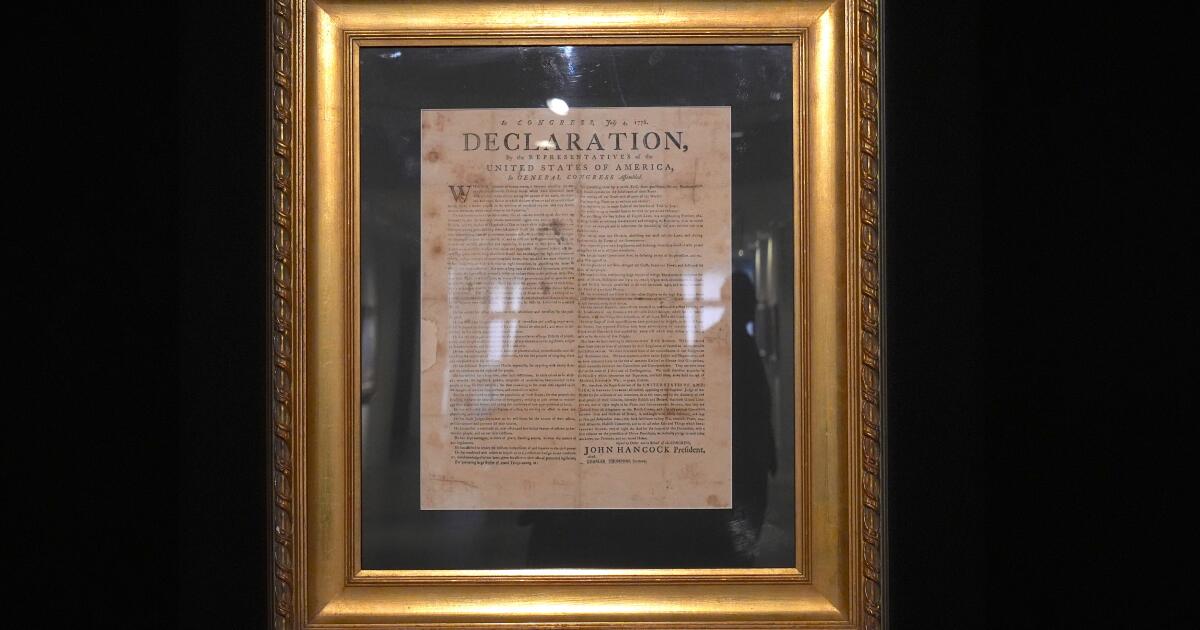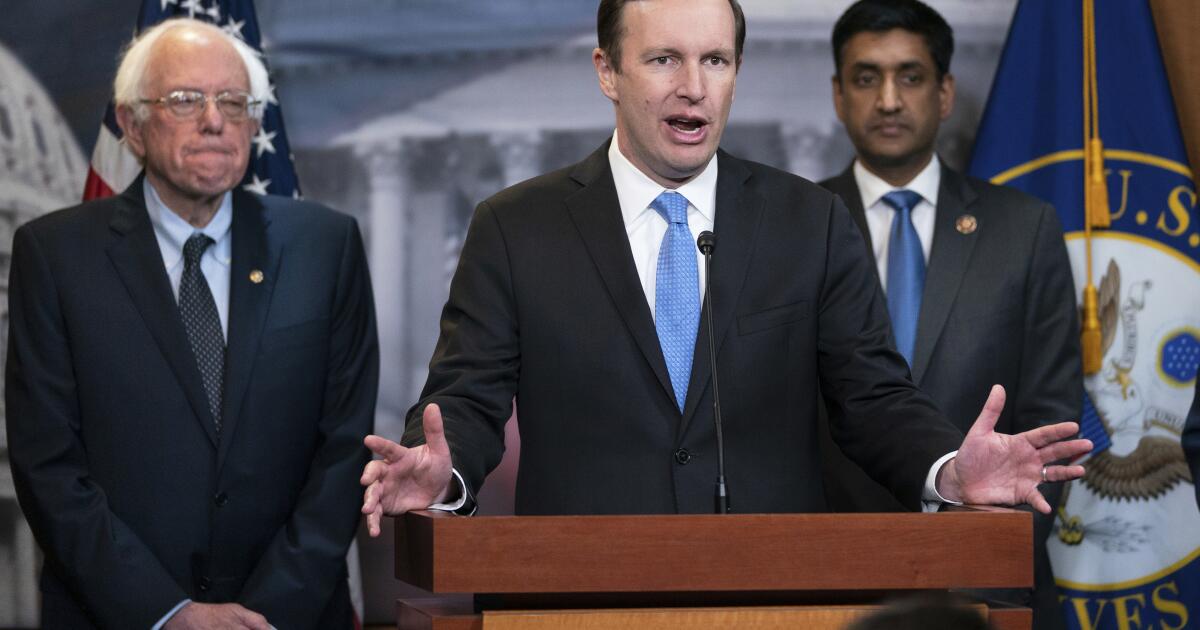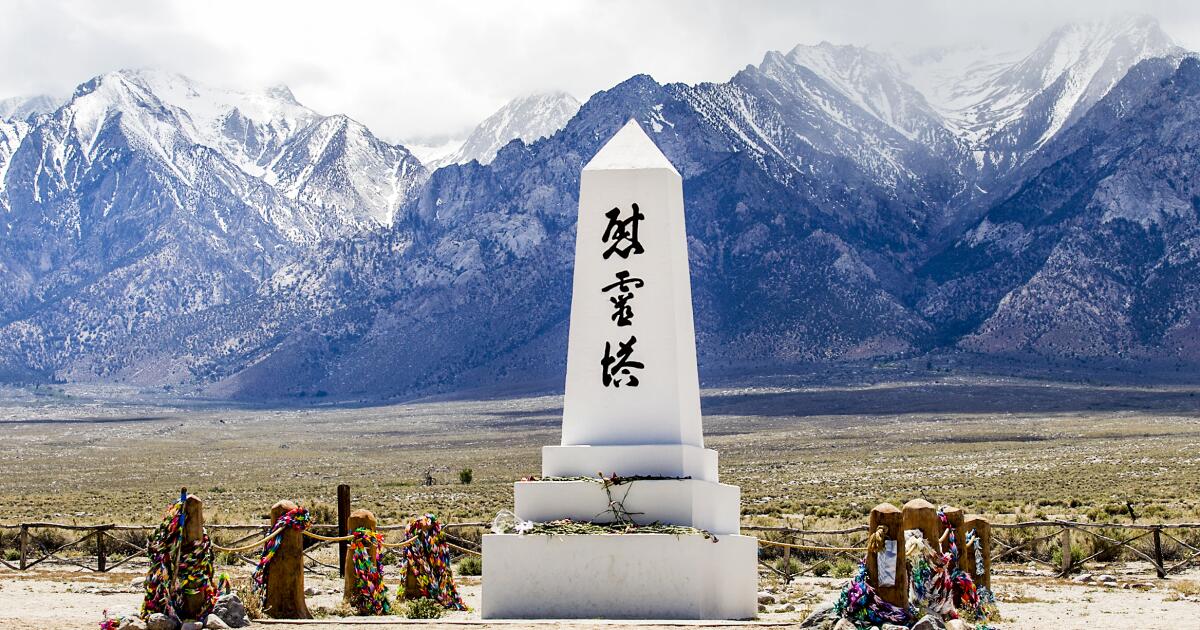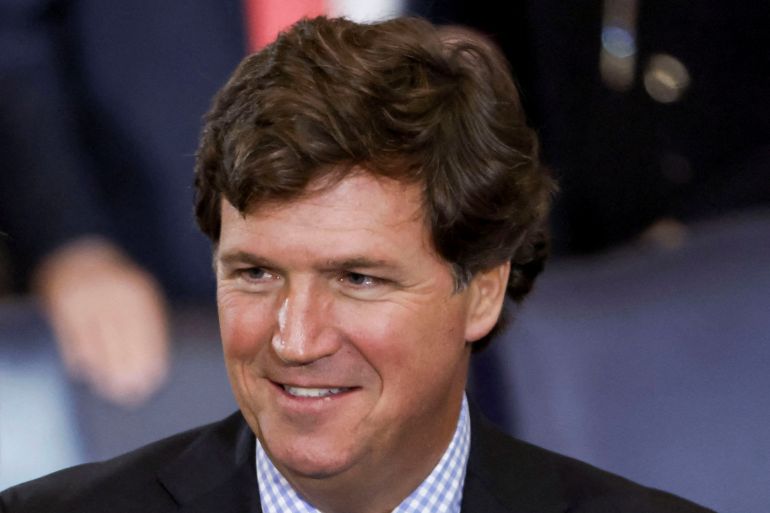Contributor: To penalize ‘foreign-made’ films is to punish Americans too
When a country like Armenia sends a film out into the world, it’s not just art. It’s a way to preserve memory, to reach a scattered diaspora. Each film offers the world stories that might otherwise be forgotten. So when President Trump proposes a 100% tariff on all films “produced in foreign lands,” the damage isn’t limited to foreign competitors or outsourcing studios. It threatens to shut out small nations like Armenia, for whom cinema is a lifeline.
The proposal hasn’t taken effect — yet. But July 9 marked a turning point in Trump’s broader tariff agenda, with a deadline for reimposing sweeping trade penalties on countries deemed “unfair.” While the situation for films remains unclear, the proposal alone has done damage and continues to haunt the industry. The tariff idea arises from the worldview that treats international exchange as a threat — and cultural expression as just another import to tax.
Take “Amerikatsi” (2022), the extraordinary recent movie by Emmy-winning actor and director Michael A. Goorjian. Inspired by his grandfather’s escape from the Armenian genocide — smuggled across the ocean in a crate — the project is not just a movie; it’s a universal story rooted in the Armenian experience, made possible by international collaboration and driven by a deep personal mission. Goorjian filmed it in Armenia with local crews, including people who, months later, would find themselves on the front lines of war. One was killed. Others were injured. Still, they sent him videos from the trenches saying all they wanted was to return to the set. That is the spirit a tariff like this would crush.
Armenia is a democracy in a dangerous neighborhood. Its history is riddled with trauma — genocide, war, occupation — and its present is haunted by threats from neighboring authoritarian regimes. But even as bombs fall and borders close, its people create. Films like “Aurora’s Sunrise” (2022) and “Should the Wind Drop” (2020) carry voices across oceans, turning pain into poetry, history into cinema. These films don’t rely on wide releases. They depend on arthouses, festivals, streamers and distributors with the courage and curiosity to take a chance. A 100% tariff would devastate that.
Indeed, the ripple effects of such a tariff would upend the entire global film ecosystem. Modern cinema is inherently international: A Georgian director might work with a French editor, an American actor and a German financier.
So sure, many American films use crew and facilities in Canada. But international co-productions are a growing cornerstone of the global film industry, particularly in Europe. Belgium produces up to 72% of its films in partnership with foreign nations, often France. Other notable co-production leaders include Luxembourg (45% with France), Slovakia (38% with Czechia) and Switzerland (31% with France). These partnerships are often driven by shared language, which is why the U.S. is also frequently involved in co-productions with Britain as well as Canada. Israel too has leaned into this model, using agreements with countries such as France, Germany and Canada to gain access to international audiences and funding mechanisms.
The U.S. government cannot unmake this system and should not try to do so. To penalize “foreign-made” films is to punish Americans too — artists, producers and distributors who thrive on collaboration. You can’t build a wall around storytelling.
Supporters of the tariff argue it protects American workers. But Hollywood is already one of the most globalized industries on Earth, and the idea that it suffers from too many foreign films is absurd. If anything, it suffers from too few. The result of this policy won’t be a thriving domestic market — but a quieter, flatter, more parochial one. A landscape where the next “Amerikatsi” never gets seen, where a generation of Armenian American youth never discovers their history through a movie screen.
If America still wants to lead in the 21st century — not just militarily and economically but morally — it should lead through culture and avoid isolation.
Stories like “Amerikatsi” remind us why that matters. A film that begins with a boy smuggled in a crate across the ocean ends with a message of joy and resilience. That’s not just Armenian history — it’s American history too. It cannot be separated. Unless we want that kind of storytelling priced out of our cinemas (and off our streaming platforms), we must keep the doors open.
For America to turn its back on stories like these would be a betrayal of everything film can be. And it would impoverish American society too. That way lies not greatness but provinciality.
Alexis Alexanian is a New York City-based film producer, consultant and educator whose credits include “A League of Their Own” and “Pieces of April.” She is a past president of New York Women in Film & Television and sits on the board of BAFTA North America.
Insights
L.A. Times Insights delivers AI-generated analysis on Voices content to offer all points of view. Insights does not appear on any news articles.
Viewpoint
Perspectives
The following AI-generated content is powered by Perplexity. The Los Angeles Times editorial staff does not create or edit the content.
Ideas expressed in the piece
- The article argues that President Trump’s proposed 100% tariff on foreign-produced films would disproportionately harm small nations like Armenia, whose cinematic output serves as cultural preservation and diaspora connection, rather than being mere commercial products.
- It contends that such tariffs would devastate the arthouse film ecosystem, where international co-productions thrive (e.g., 72% of Belgian films involve foreign partnerships), and where stories like “Amerikatsi” – an Armenian-American collaboration – transform historical trauma into universal narratives.
- The author asserts that penalizing “foreign-made” films ultimately punishes American artists and distributors who rely on global collaborations, noting that modern cinema’s inherently international nature makes isolating U.S. productions both impractical and culturally impoverishing.
- The piece frames cinema as a diplomatic lifeline for democracies like Armenia in volatile regions, warning that tariffs would silence culturally vital voices while contradicting America’s moral leadership ambitions through cultural isolationism.
Different views on the topic
- The Trump administration justifies the proposed tariff as necessary to combat “unfair competition” from countries like Canada and the U.K., whose tax incentives allegedly lure U.S. productions abroad, threatening Hollywood jobs and national security[1][2].
- Proponents argue that outsourcing film production hollows out domestic industry capacity, and the tariff aims to redirect investment toward U.S.-based infrastructure and employment, framing globalization as detrimental to American workers[1][3].
- Economic nationalists suggest reduced foreign competition could strengthen domestic content creation, with some analysts noting potential benefits for countries like Canada if U.S. policies trigger local content booms to fill market gaps[2].
- The administration dismisses co-production arguments, emphasizing economic sovereignty over cultural exchange and characterizing foreign subsidies as exploitative practices requiring punitive countermeasures[1][4].





















